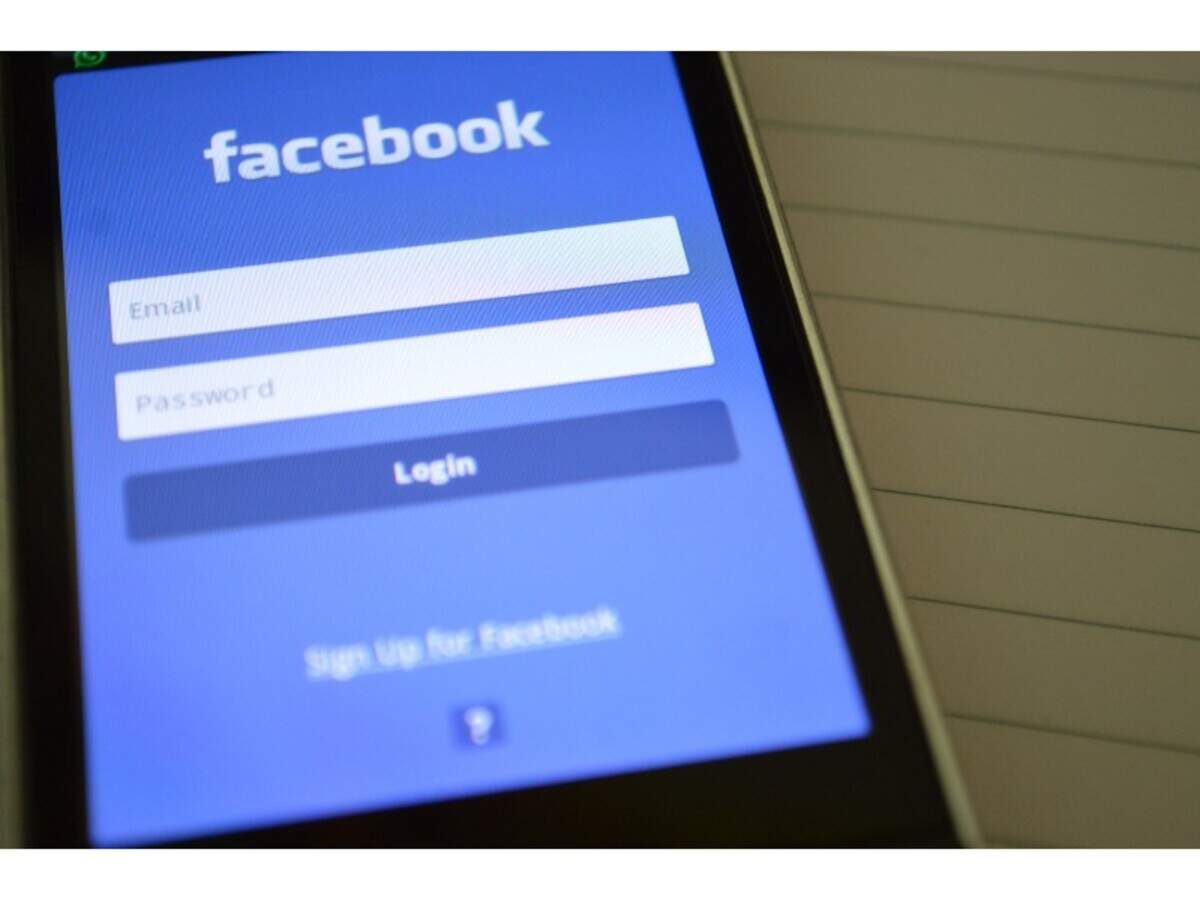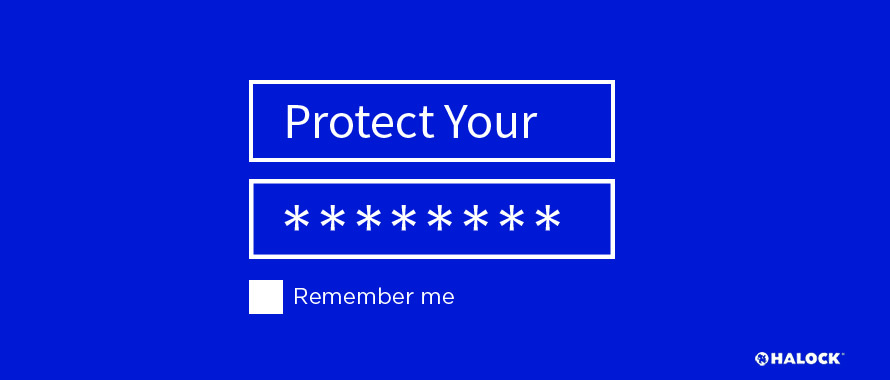
Facebook stores a great deal of sensitive information for cybercriminals to dive into. Protect yourself from an attack with these four!
- INTEGRATE TWO-FACTOR AUTHENTICATION This security feature acts as a second layer of protection against hackers attempting to sign into your account. When you enable two-factor authentication or a “login approval,” Facebook will automatically send a six-digit code to a device of your choice. Users attempting to login to the account must enter the correct code sent to the recognized device to gain access. This feature is easy to enable; go into your Security Settings, click the checkmark next to “Require a login code to access my account from unknown browsers,” and save changes.

2. ENABLE LOGIN ALERTS
The next security setting you should enable is Login Alerts. As its name suggests, any time a user attempts to log in to your Facebook account, you’ll receive a notification to a pre-selected device. This setting also allows you to see what ounts, but doing so can double down on a bad situation. If a cybercriminal found out your password on one platform, they could attempt to login to other platforms you use. Facebook contains a lot of private information, so this is not one you wa take chances on.
3. MONITOR WHICH APPS YOU’VE GIVEN PERMISSION TO
Over the years, you’ve probably opted into several third-party apps or websites that allow for Facebook integration. It’s more than likely you’ve converged your Facebook account with several platforms you no longer need. You may not realize it, but these external platforms pose an even higher risk than Facebook itself. Often, these apps and websites do not have the security measures in place to protect against hacks, so they’re more susceptible than other platforms with greater security infrastructure – e.g., Facebook. To disable these apps, go into your Settings, then select “Apps.” Remove any third-party site that appears suspicious, or you no longer use.
4. PROTECT YOUR PASSWORD
“Use a strong password” may seem like an obvious piece of advice, but it’s one that’s often ignored and commonly at fault. Facebook recommends not using any standard information, such as your name, birthdate, or phone number. Instead, go for a longer, less obvious choice; it’s even better if you can use a random string of numbers and letters. Many people prefer to use the same password for all their accounts, but doing so can double down on a bad situation. If a cybercriminal found out your password on one platform, they could attempt to login to other platforms you use. Facebook contains a lot of private information, so this is not one you want to take chances on.

